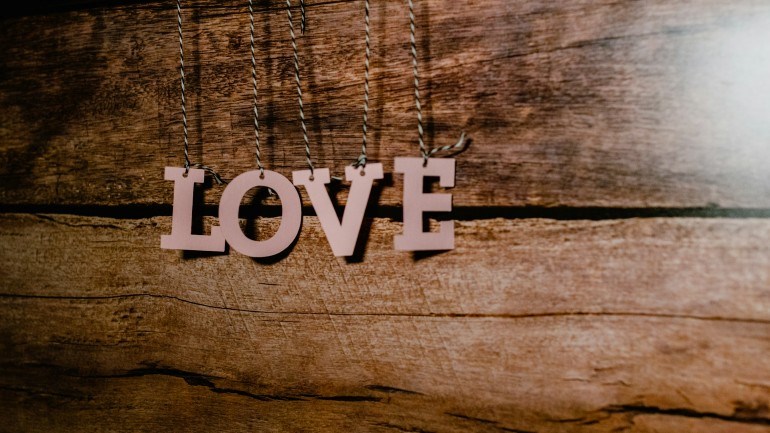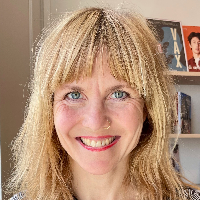Valentine’s lovers now seek authenticity: the imperfect is the new perfect

As the world either celebrates, spurns, or blissfully ignores Valentine’s Day, a Malmö University professor reflects on the world of online and app-based dating.
Lotta Löfgren, a professor of sexology who is set to release a new book on online dating, has studied the phenomenon of love and sex on the internet for the past 20 years – following developments from flirting via email to today's dating apps.
We want people who seem real, not an AI partner.
Lotta Löfgren
Her research projects have covered various areas, such as the elderly and online dating, new dating apps for people with intellectual disabilities, and online sex.
“It can be seen as a look back: to understand the present, we need to look at how our view of sexuality and love has changed,” says Löfgren, adding:
“The challenge today is navigating between quite contradictory norms and behavioural patterns. On one hand, a norm says that you should be restrained with your sexuality, don't see yourself as a commodity, stick to someone you love. On the other hand, casual sexual encounters, interchangeability, open relationships are also a now norms.”
A large part of the book concerns the worldwide phenomenon of online dating. The largest dating app Tinder had 50 million users globally in 2021.
The book contains interviews with app-users who highlight several advantages of online dating, such as the fact that it enables meetings that might otherwise never have taken place, but it also addresses the downsides.
“Many online daters feel that they are like a commodity in a market. You are faced with questions such as how can I boost my profile, and should I consume quickly or sustainably? There are many parallels to the fact that we live in a consumer society at large,” says Löfgren.
This can contribute to feelings of replaceability, emptiness and loneliness among users.
She believes that dating apps are here to stay. However, she senses a trend where online daters are starting to tire of the wide selection of potential partners and the feeling of interchangeability: instead they yearn for authenticity and slow dating.
“We want people who seem real, not an AI partner. They shouldn't be super successful or super-rich. But then you must dare to be yourself, with your relationship baggage and maybe a few extra kilos – the imperfect is the new perfect.
Other changes she believes will happen are that more dating apps will be developed in a way that makes it harder to cheat. She also believes that target group-adapted dating apps, such as elite singles and apps for people over 55, will decrease and that there will be more fluid boundaries for how we categorise ourselves.



